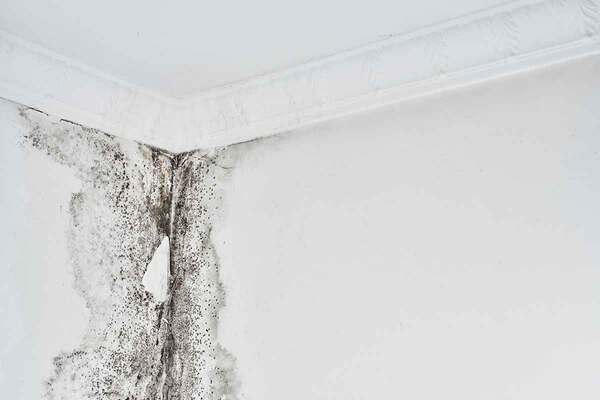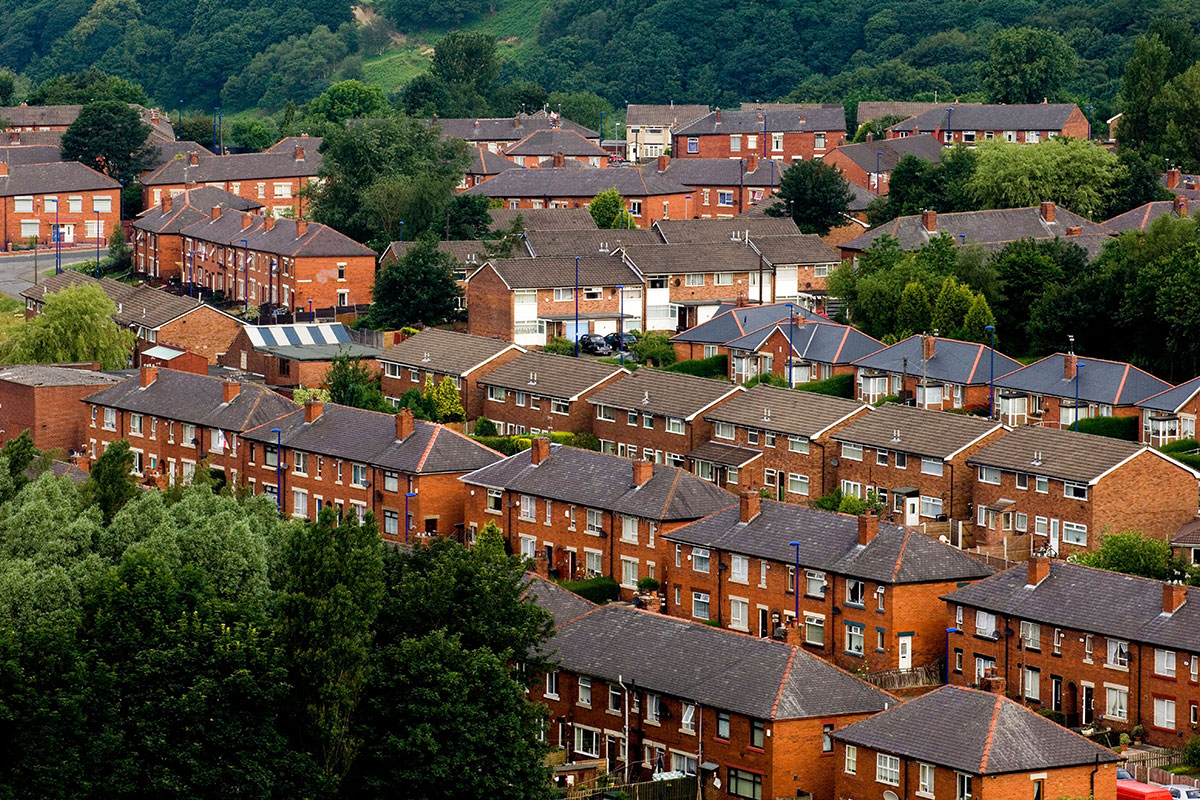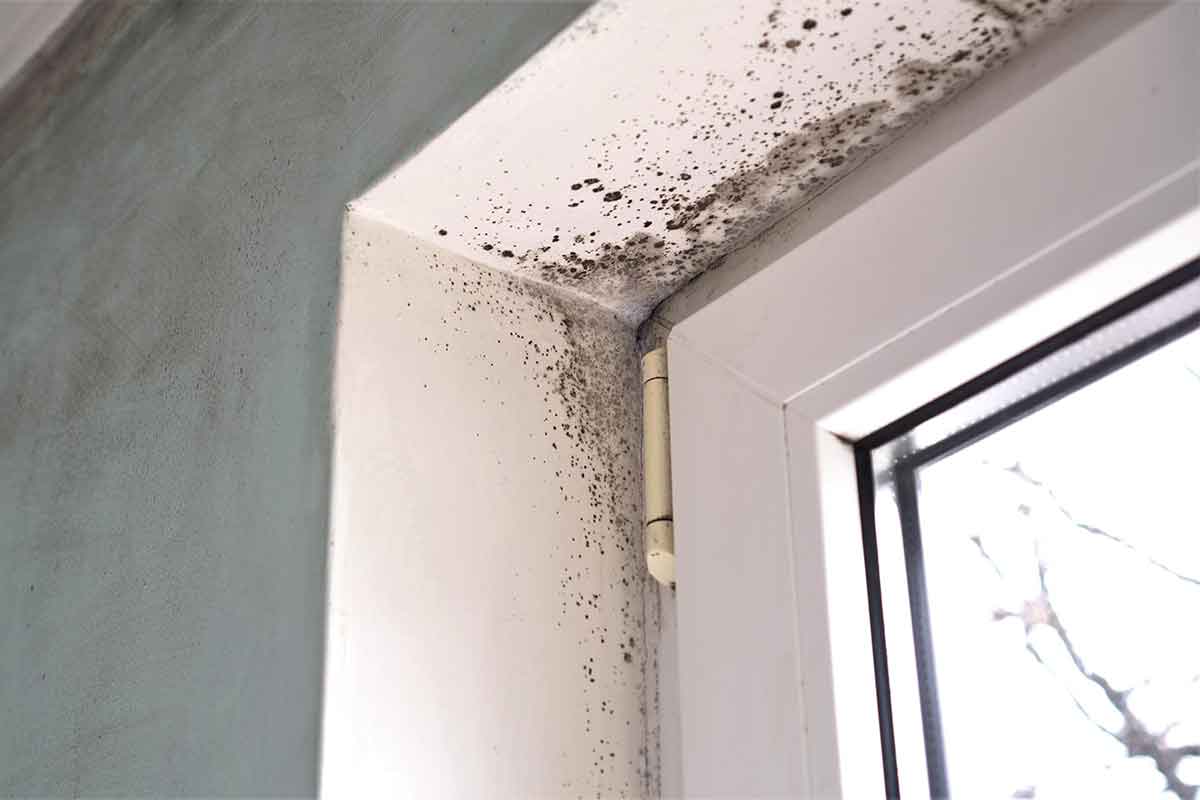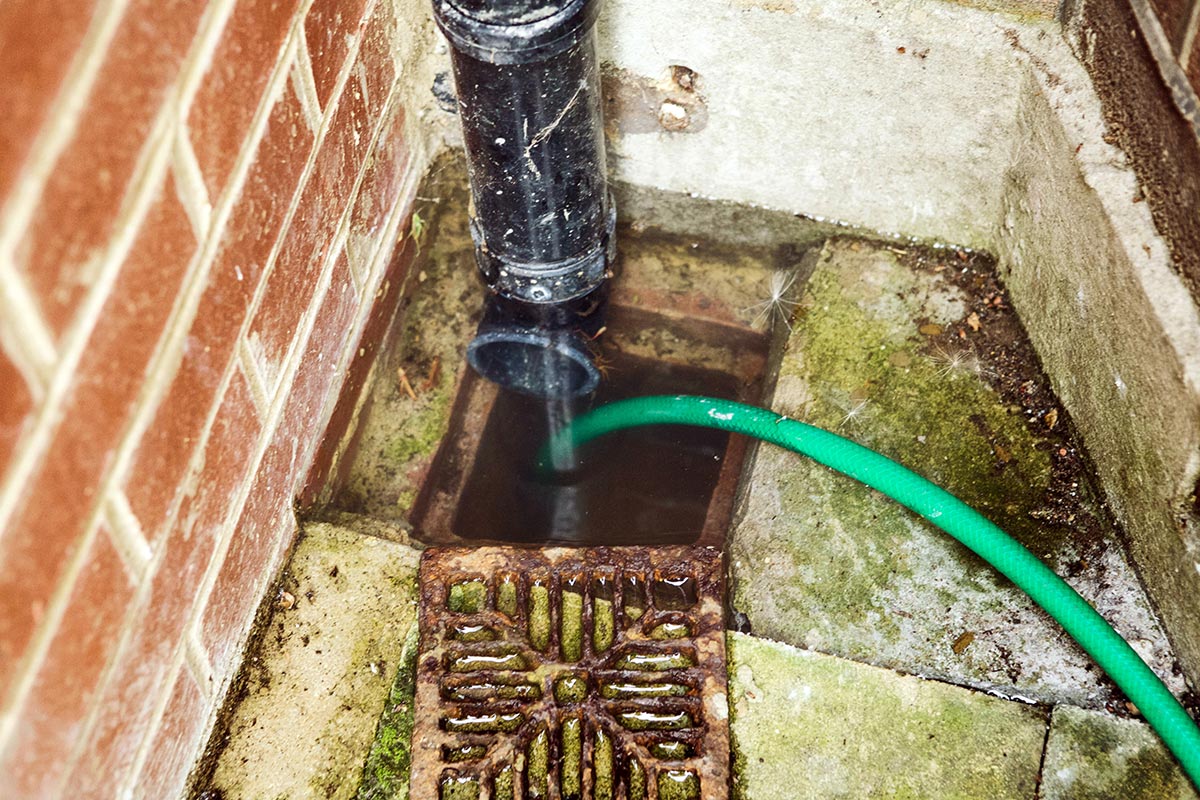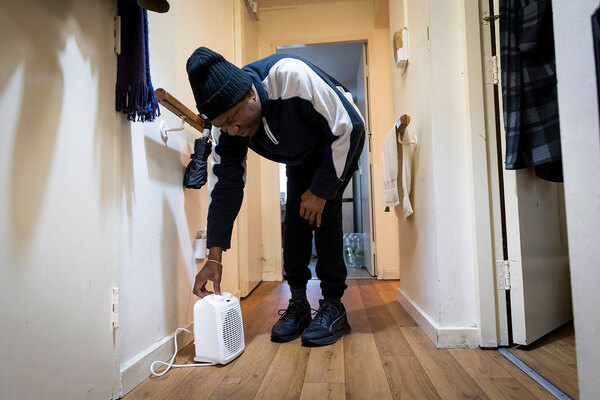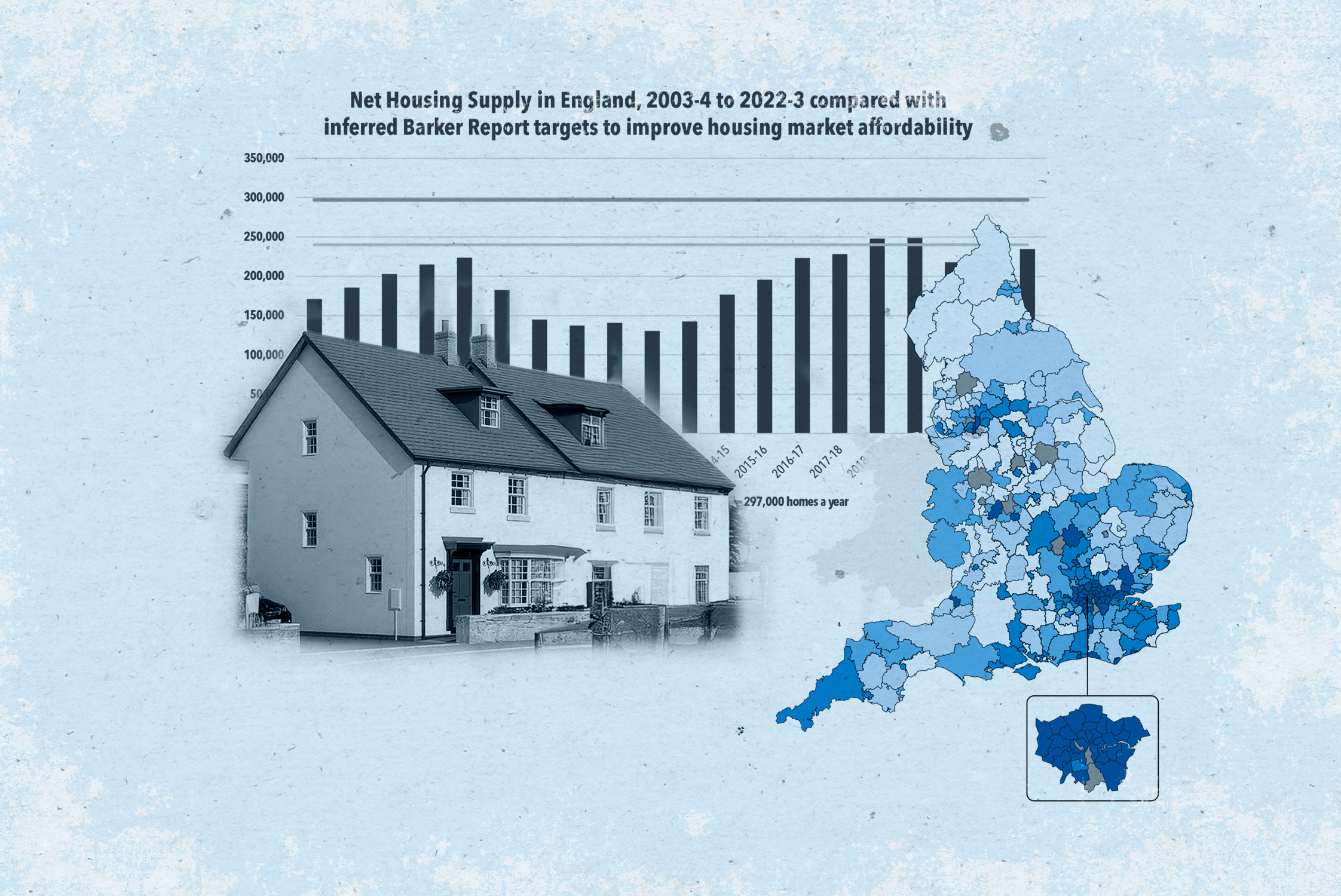You are viewing 1 of your 1 free articles
Twelve landlords self-refer to regulator over damp and mould issues
The English regulator is investigating 12 social housing landlords that have referred themselves over potential breaches around damp and mould in their homes.
A new report by the Regulator of Social Housing (RSH) today said the dozen landlords had disclosed “a potential breach of the Home Standard due to damp and mould” since the coroner’s report into the death of Awaab Ishak.
The 12 landlords, which could be housing associations or councils, are not named in the report.
When asked by Inside Housing if they could be identified, an RSH spokesperson said: “We’re not able to comment on any ongoing regulatory engagement. If we take action against these landlords, we will report it in due course.”
The regulator said 38 additional referrals of landlords over damp and mould issues had come from “other sources”.
“We are investigating these through our standard regulatory processes,” the report said. “If those investigations result in a finding that a landlord has breached the Home Standard with the potential for serious detriment to tenants, we will report that in a regulatory notice.”
The RSH’s 13-page report, Learning the lessons, is a follow-up to findings published in February, which revealed that up to 160,000 social homes in England have “notable” damp and mould problems.
The initial report followed a coroner’s report last November, which found that two-year-old Awaab Ishak died because of exposure to mould in his home, owned by Rochdale Boroughwide Housing (RBH).
His death prompted widespread media coverage, the sacking of RBH’s boss and action from the regulator.
Today’s report also revealed that 55 landlords had submitted what the RSH called “poor responses” to an initial request for evidence. The regulator said it had asked for extra information and found “most are taking their responsibilities to tackle damp and mould seriously”.
Eight local authorities also failed to offer an “adequate response” to the regulator’s initial request for evidence about damp and mould in homes, the report said.
Weaknesses found included not being able to show they knew the number of homes with damp and mould issues and “not having a clear process to deal with damp and mould in their homes”.
The report said: “We are continuing to engage with these landlords. If we take any regulatory action against those landlords, we will report this in due course.”
Elsewhere, the regulator’s report revealed that 11 landlords had reported more than 50 category-one housing health and safety rating system (HHSRS) damp and mould hazards in homes they manage.
Fifty-three landlords reported more than 100 category-two HHSRS damp and mould hazards in their homes.
Among the other findings, the regulator said the report showed that better-performing landlords manage their data well and have strong oversight from their board or councillors.
Fiona MacGregor, the RSH’s chief executive, said: “Tenants deserve to live in homes that are safe, of a decent standard and free from serious hazards, including damp and mould. We expect all landlords to read our report carefully, and ask themselves challenging questions about how they could improve their approach.”
The RSH had 386 responses to its survey, which it told Inside Housing was a 99% response rate. Four landlords failed to respond and the RSH said it had chased them up.
Baroness Scott, a minister at the Department for Levelling Up, Housing and Communities, added: “People across the country have the right to decent, safe and affordable homes.
“It is completely unacceptable that so many tenants continue to live with damp and mould in their homes, especially when landlords have an obligation to ensure homes are of a decent standard.
"We fully expect all providers to take swift action in addressing these issues, and I know the regulator is working at pace to ensure this happens."
She also pointed to ’Awaab’s Law’ - an amendment to the Social Housing Bill - which will force landlords to fix reported health hazards within a specified timeframe. The Bill, which is due to become law later this year, will also give the regulator the power to issue unlimited fines and make emergency repairs.
Sign up for our asset management newsletter
Already have an account? Click here to manage your newsletters
